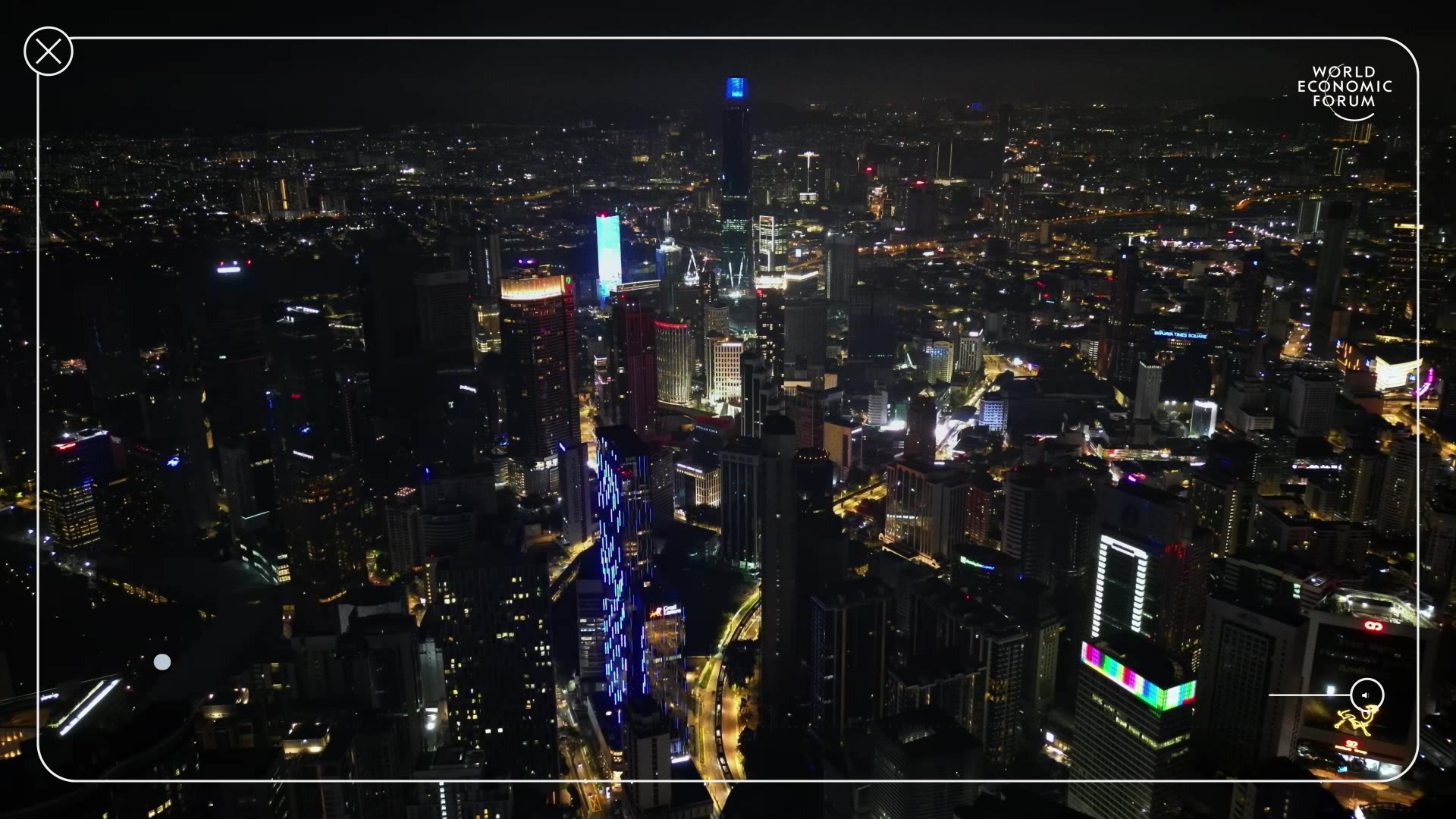Delhi will overtake Tokyo as the world flocks to cities

The bright lights of New Delhi: India, China and Nigeria will account for 35% of the growth of the world’s cities by 2050 Image: REUTERS/Adnan Abidi - S1AETVFPPDAC

Get involved with our crowdsourced digital platform to deliver impact at scale
Stay up to date:
Long-Term Investing, Infrastructure and Development
We live in a rapidly expanding world, and one that is increasingly urban and focused on the economic, social and creative opportunities offered by cities.
As a result of demographic shifts and overall population growth, the lure of city living will account for an increase of around 2.5 billion people in urban areas by 2050.
This is according to a report by the UN Department of Economic and Social Affairs, which predicts two-thirds of the world’s population will be living in cities by the middle of the century.
Overall, the global population is expected to swell beyond 11 billion in the next 80 years, UN data shows.

Delhi will overtake Tokyo
The increase in urban dwellers is likely to be concentrated in just a handful of countries. India, China and Nigeria will account for 35% of the projected growth of the world’s urban population by 2050, with India adding 416 million people, China 255 million and Nigeria 189 million, the UN says.
India is also destined to have the world’s largest population by country by 2024, overtaking China, which is currently home to around 1.4 billion people.

By 2060, over 1.6 billion people will call India home, though by 2100 the population will have decreased to around 1.5 billion, the UN predicts.
There will also be more “megacities” – urban areas with at least 10 million inhabitants. Today, there are over 30 megacities. Tokyo, the largest, is home to around 37 million people.
However by 2028, Delhi will overtake Tokyo as the largest city, and by 2030 the world could have 43 megacities, most of them located in developing nations, the report says.
Addressing the challenges of an urban world
As cities around the world boom, the challenges they face, including traffic congestion, inadequate energy infrastructure, lack of basic services, crime, poverty and poor governance, will intensify.
According to the World Economic Forum’s Inspiring Future Cities & Urban Services report from 2016, city administrations cannot address the challenges posed by rapid urbanization alone.
Instead, they must rely on citizens, the private sector, NGOs and academic institutions to provide complementary skills and resources, the report says.
Pros and cons of rapid urbanization
Alice Charles, Urban Development Lead at the World Economic Forum, says with two-thirds of the world’s population expected to live in cities by 2050, the question of how to make cities work better for their inhabitants has never been more urgent.
“If managed well, urbanization and city living can have many benefits. Cities provide an efficient way of organizing people’s lives: they enable economies of scale and network effects, and reduce the need for transportation, thereby making economic activity more environmentally friendly,” she says.
“The proximity and diversity of people can spark innovation and create employment as exchanging ideas breeds new ideas.”
Charles also argues that the diversity of cities can instill social tolerance and provide opportunities for civic engagement.
“However, if managed badly, cities can be left choking under the burden of pollution, congestion, sprawling slums and urban poverty. In the developed world, urban sprawl can lead to individual levels of resource consumption far exceeding those in the developing world,” Charles warns.
“Urban settings also magnify global threats such as climate change, water and food security and resource shortages. The future of cities cannot be one of unsustainable expansion, it should rather be one of tireless innovation.”
Don't miss any update on this topic
Create a free account and access your personalized content collection with our latest publications and analyses.
License and Republishing
World Economic Forum articles may be republished in accordance with the Creative Commons Attribution-NonCommercial-NoDerivatives 4.0 International Public License, and in accordance with our Terms of Use.
The views expressed in this article are those of the author alone and not the World Economic Forum.
Related topics:
The Agenda Weekly
A weekly update of the most important issues driving the global agenda
You can unsubscribe at any time using the link in our emails. For more details, review our privacy policy.
More on Urban TransformationSee all
Lisa Chamberlain
April 25, 2024
Victoria Masterson
April 17, 2024
Fatemeh Aminpour, Ilan Katz and Jennifer Skattebol
April 15, 2024
Victoria Masterson
April 12, 2024









